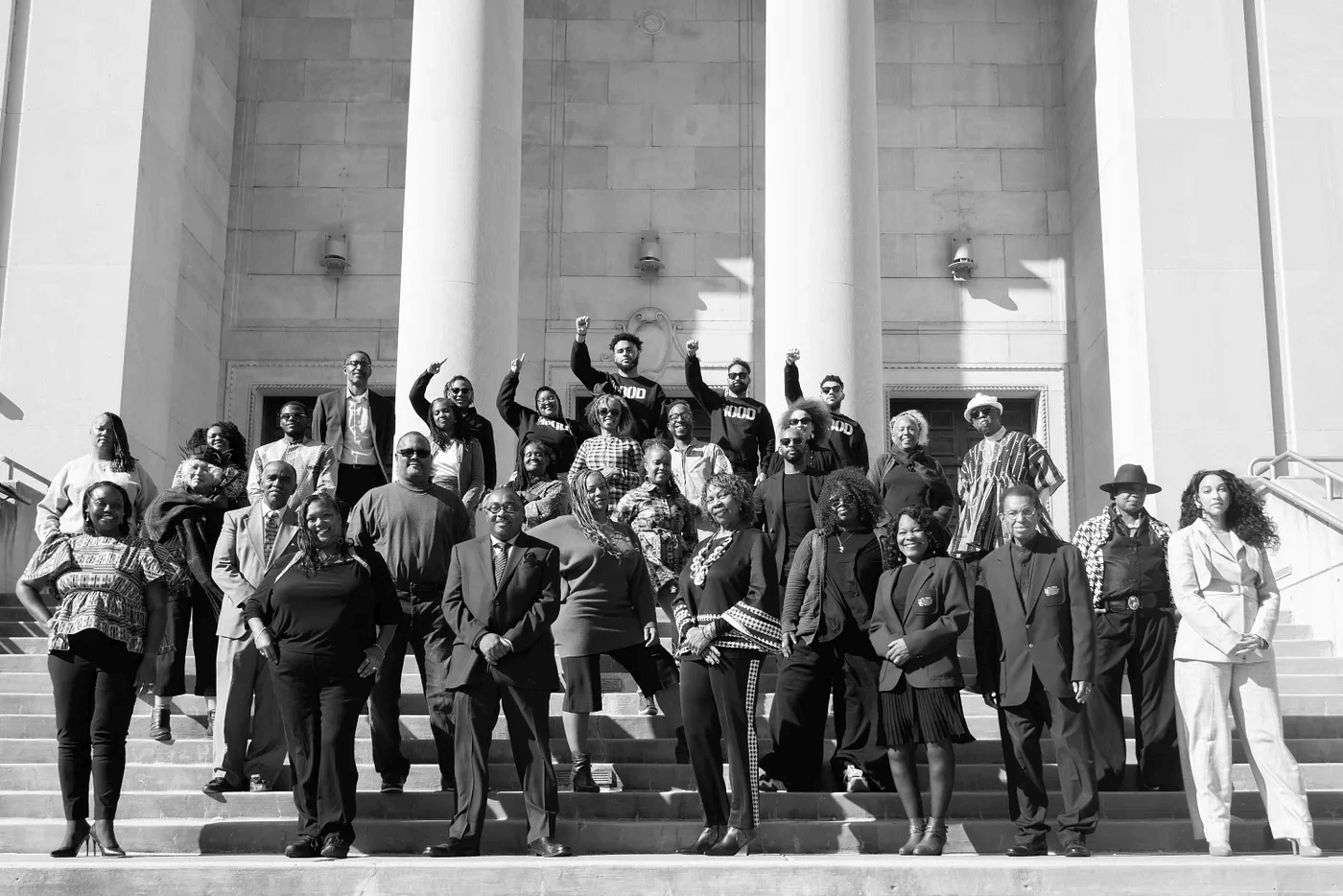Writing for Change: Behind a New Fellowship Focused on Mass Incarceration
/ Mike Scutari
photo: Sensay/shutterstock
Last November, the Art for Justice Fund, launched by collector Agnes Gund with the Ford Foundation and Rockefeller Philanthropy Advisors to address issues related to mass incarceration, announced its first round of grant recipients.
It primarily gave support to literary organizations, showing that the fund embraced outside-the-box thinking from the starting gate. After all, many "artists as activist" grant programs tend to focus on the visual arts. What's more, literary organizations, relatively speaking, receive a smaller amount of funding across the larger arts landscape.
And so the takeaway was pretty intriguing: The written word would be leveraged to tackle one of the most glaring social problems of our time.
Four months later, we're seeing the fund’s vision play out through its support for one of its inaugural recipients, PEN America, which recently announced a new Writing for Justice Fellowship.
The fellowship will commission six writers to create written works of "lasting merit that illuminate critical issues related to mass incarceration" and "ignite a broad, sustained conversation about the dangers of over-incarceration and the imperative to mobilize behind rational and humane policies."
The fellowship is open-genre, and proposed projects may include—but are not limited to—fictional stories, works of literary or long-form journalism, theatrical, television or film scripts, memoirs, poetry collections or multimedia projects.
Fellows will receive an honorarium of $10,000 and may request up to $5,000 in additional funding for travel and research.
PEN America is currently accepting applications online here. The application deadline is July 1, 2018, and fellows will be announced in September.
"The most competitive applications," the site notes, "will demonstrate how the proposed project will engage issues of reform, fuel public debate, crystallize concepts of reform, and facilitate the possibility of societal change."
It's clear why the Art for Justice Fund was drawn to PEN America in the first place. As the U.S. branch of the world’s oldest international literary and human rights organization, it maintains programs like the World Voices Festival, Prison Writing Program, Children's and Young Adult Authors Committee, PEN America Journal, and the Open Book Program, which encourages racial and ethnic diversity within the literary and publishing communities.
PEN America's Writing for Justice fellowship complements other initiatives focusing on mass incarceration, most notably the Robert Rauschenberg Foundation's Artist as Activist program.
I recently spoke with Rauschenberg's new executive director, Kathy Halbreich, about the program, and she said that "the experience of the people being incarcerated, the experience of their children and loved ones, the urgency and salience of this issue" were the drivers behind the initiative.
A similar sentiment runs through the PEN America Writing for Justice fellowship, which aims to harness the power of writing to bear witness to the "societal consequences of mass incarceration by capturing and sharing the stories of incarcerated individuals, their families, communities, and the wider impact of the criminal justice system."
The fellowship's full-throated embrace of the written word suggests that as funders continue to explore the broader connections between art and social activism, we can expect further experimentation across emerging and historically under-leveraged mediums.






































